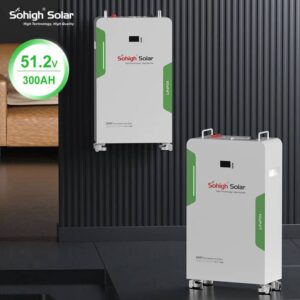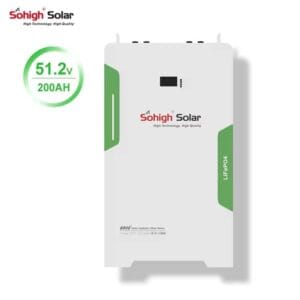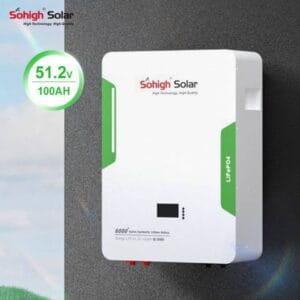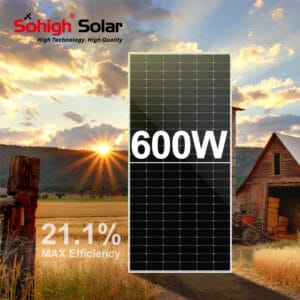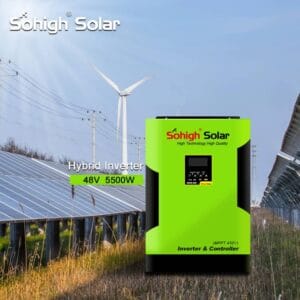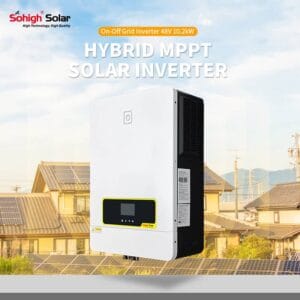How Efficiency Is Determined in Solar Panels?
The efficiency of a solar panel depends on the amount of sunlight reflected on the surface of the panel, which is then converted into electricity or heat. Previously, the average efficiency of solar panels was around 15%, but thanks to advances in photovoltaic technology, efficiencies are now over 20%. So 370W is a typical power rating for a switchboard, an improvement over 250W.
There are two factors that determine solar panel efficiency: photovoltaic (PV) cell efficiency and total panel efficiency. Photovoltaic cell efficiency is a result of cell design and silicon type, while cell layout and configuration and panel size are the basis for overall panel efficiency. The total panel efficiency is determined by dividing the maximum power rating under standard test conditions by the total panel area (in meters).
There are many factors that affect efficiency, such as temperature, battery type, and irradiance level, which is the rate at which sunlight hits the panel. The backplane color of the protective panel also affects efficiency. For example, while black may be more attractive for protective black sheets, this color will absorb more heat. This leads to higher temperatures, which reduces overall conversion efficiency, so other colors, such as dark blue, green, or even patterns, may be better choices for solar panels.
Main types of solar panels
There are three types of solar panels most commonly used in commercial or residential installations: monocrystalline, polycrystalline and thin film. Below is a brief description of each method, along with their most useful applications:
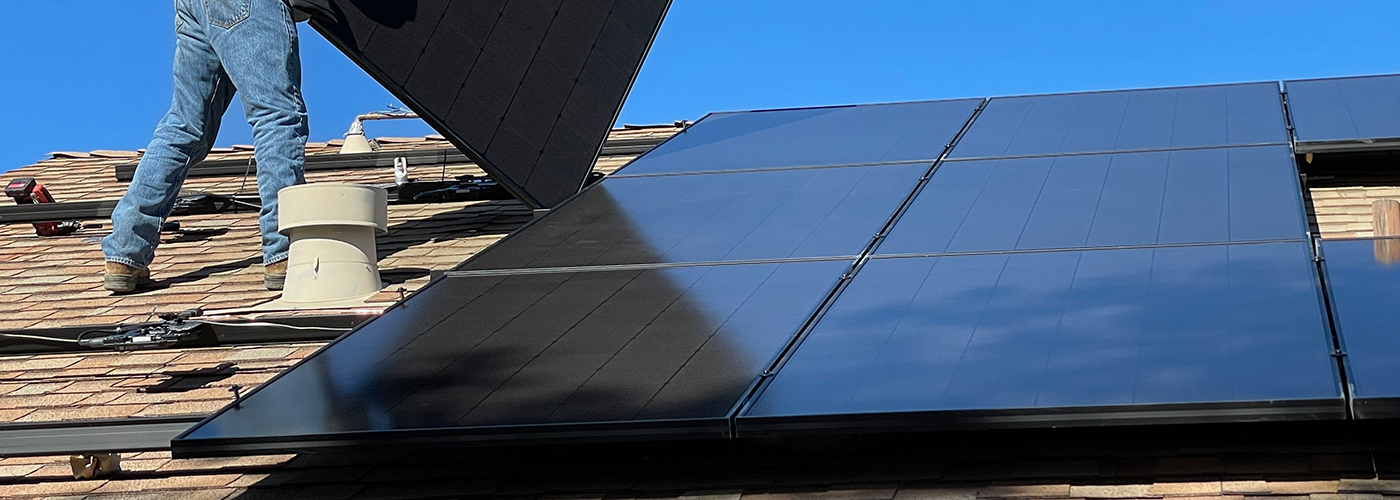
Single Crystal: Best Efficiency
Monocrystalline solar panels are often touted as the most efficient option, and as such, are the best option when installed in large energy systems on commercial and residential properties. However, panel sizes do vary; therefore, single crystals can also be used in small devices.
Favourable opinion
Made of high-purity silicon, which increases efficiency to 15% to 22%
Does not require as much space as polycrystalline and thin-film panels
Due to the stability and inertness of silicon, monocrystalline silicon panels can be used for more than 25 years
Cheat
High price point due to its complex structure
This is not a good choice for cold climates, as snowfall can damage solar cells and cause system failure.
Polycrystalline: the best price/performance ratio
As the name suggests, polycrystalline silicon solar panels are made by fusing multiple crystals of pure silicon. More crystals aren’t always better, though. In fact, polycrystalline panels are less efficient than their monocrystalline counterparts. However, with power settings ranging from 5W to 250W and beyond, they are ideal for small and large installations.
Favourable opinion
The process to make them is simpler, so they are cheaper than single crystals
Less waste after the melting process, which is better for the environment
Just as durable as monocrystalline solar panels, so they’re a good option for homeowners on a budget
Cheat
Less efficient (13%-17%) because the silicon used to make them is less pure.
Takes up more space to produce the same power level as monocrystalline cells.
Film: Best for transporting power
While thin-film photovoltaics are lightweight and easy to move, non-silicon thin-film photovoltaics are the least efficient solar panels. Use it only for installations that don’t need to generate as much power; flexibility and portability are the two most important factors.
Favourable opinion
Easier production and lower cost
Ideal for solar transport applications such as panels mounted on bus roofs and refrigeration of refrigerated trucks
Cheat
Not a good choice for roofs, as roofs need a lot of space to utilize enough solar output energy is weak, so they break down faster than crystal panels. Thin-film panel installations only come with a short-term warranty, which is something homeowners should especially consider depending on how long they plan to stay at home.
Note: The above pictures are from the Internet, if there is any infringement, please inform to delete.

